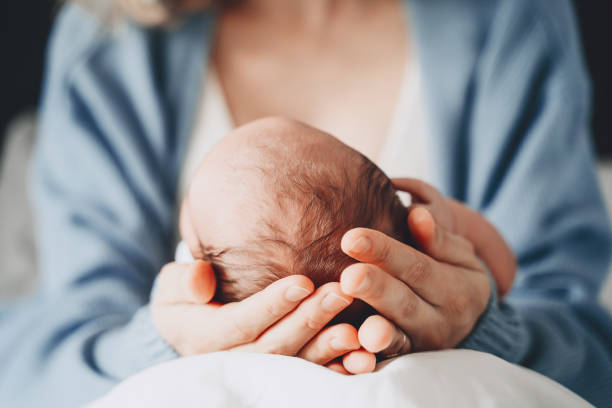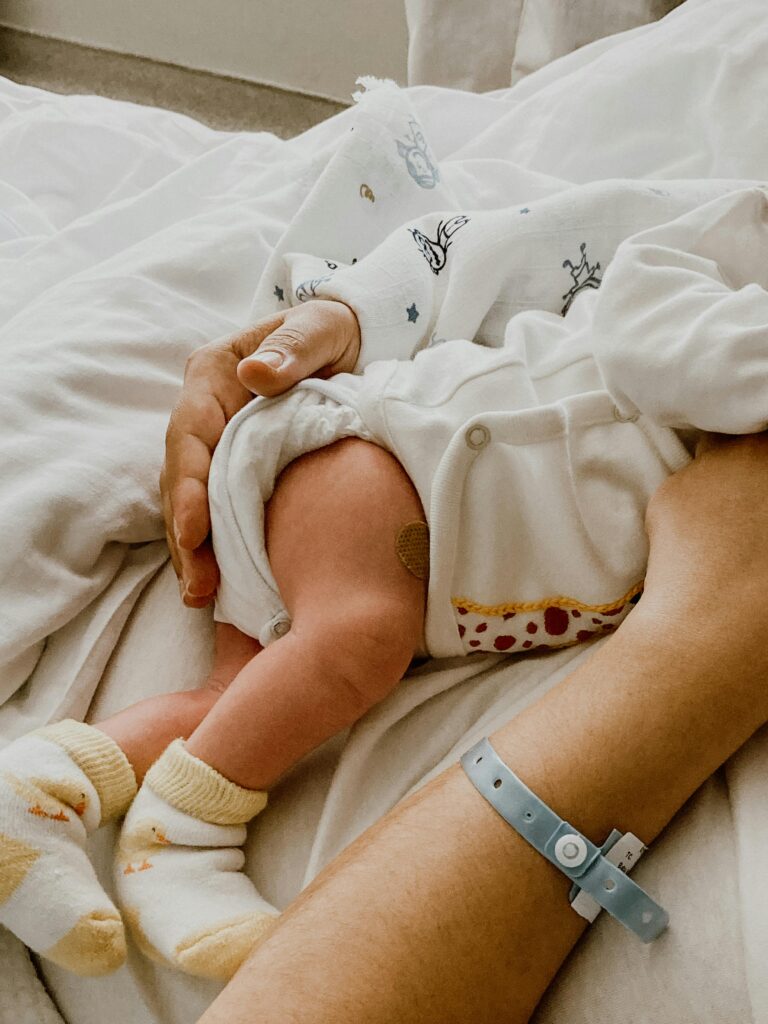
This blog article aims to create awareness on therapy for birth trauma in India. Pregnancy and childbirth are life changing events for women. While every woman hopes for a positive pregnancy and childbirth. However, for some the journey into motherhood can be challenging and a traumatic event. Due to the orthodox societal and cultural norms around pregnancy and childbirth. Along with lack of awareness on maternal mental health issues in India. Often leaves Indian women suffering in silence from a traumatic or difficult pregnancy and childbirth.
What is birth trauma?

Birth trauma, also known as postnatal post-traumatic stress disorder (or postnatal PTSD) is diagnosed following a distressing event or events that occurred during childbirth. According to the Birth Trauma Association, “many women experience some trauma symptoms, such as intense anxiety or flashbacks, but not enough for a PTSD diagnosis. Hence, the term birth trauma encompasses all these symptoms”.
Birth trauma can occur due to a variety of factors:
- Unexpected complications during labor.
- Feelings of loss of control or autonomy during the delivery process.
- Medical interventions done without giving adequate information to the woman or are done without the explicit consent of the woman.
- Lack of emotional support and empathy given to the woman by the medical staff and family present at the time of labor.
- Birth trauma can occur due to both physical injuries (such as perineal tears, nerve damage or fractures etc) and emotional distress experienced during labour and delivery.
Going through a traumatic birth can leave lasting psychological scars on a mother. Impacting not only her relationship with the baby but also her overall mental health. Women suffering from birth trauma are also prone to developing postpartum depression.
Read More: https://serenehour.com/postpartum-depression-will-i-ever-feel-okay-again/
Once the baby is born many women feel that their physical and mental wellbeing takes a backseat to that of their newborn. During pregnancy a woman may be given lots of love and attention. Special care is taken of the pregnant woman’s wellbeing. After the birth of the baby many women experience a shift with everyone around her right from family, to medical staff being focused on the needs and wellbeing of the baby. Whilst a new mother may feel under supported through a critical life transition into motherhood.
Feelings of birth trauma are typically dismissed because many women are often told
“Be happy and grateful to have a baby. All women have it hard, forget about the pain. Cherish your baby”.
Well meaning statements such as these often made with good intentions invalidate the feelings of a struggling mother. It is normal to have two conflicting feelings at once. Feeling happy about the birth of your child and feeling upset or angry over the distressing events that occurred during childbirth. Birth trauma is defined by your emotional experience after the event, not by the outcome.
Becoming a mother is a major life transition for women. Many women are caught off guard with unexpected medical emergencies or a change in their birth plan during labor and delivery. For example, an emergency cesarean section could contribute to feelings of loss of control and disappointment at the turn of events.
No two people experience distressing events the same way. While one person may be able to bounce back from a distressing event. For another person such an experience could be traumatizing. Individual temperament, their coping styles and over all resilience are factors that effect how people respond to distressing events.
Healing the wounds of birth trauma through therapy
Mothers are often misunderstood and shamed for expressing any negative emotions surrounding their pregnancy and birth experience.
The transition into motherhood often leaves many women feeling isolated and alone because the people closest to them may not have the emotional capacity to understand them or the depths of their birth trauma. Serene Hour is a trauma informed therapy practice. Providing women a safe and non – judgmental space to process their emotions and birth trauma.
Using therapy techniques such as Cognitive behavioral therapy (CBT) – a form of talk therapy designed to change the way someone thinks and behaves and through compassionate counseling, cognitive reframing, and relaxation techniques.
Frequently Asked Questions:
What are the symptoms of birth trauma?
Answer: Memories of your child birth gives you distressing flashbacks, nightmares, panic attacks. You do not feel like yourself anymore. You feel anxious and depressed. You avoid reminders of birth because they cause you emotional distress. Irritability and feelings of anger.
How to recover from birth trauma?
Answer: The transition into motherhood is a emotionally vulnerable time for women. Seek professional support in the form of therapy with a licensed psychologist. This will give you a safe space to process your emotions. Cognitive behavioral therapy helps you identify and express your pent up emotions and learn healthy coping skills to manage anxiety and postpartum depression.